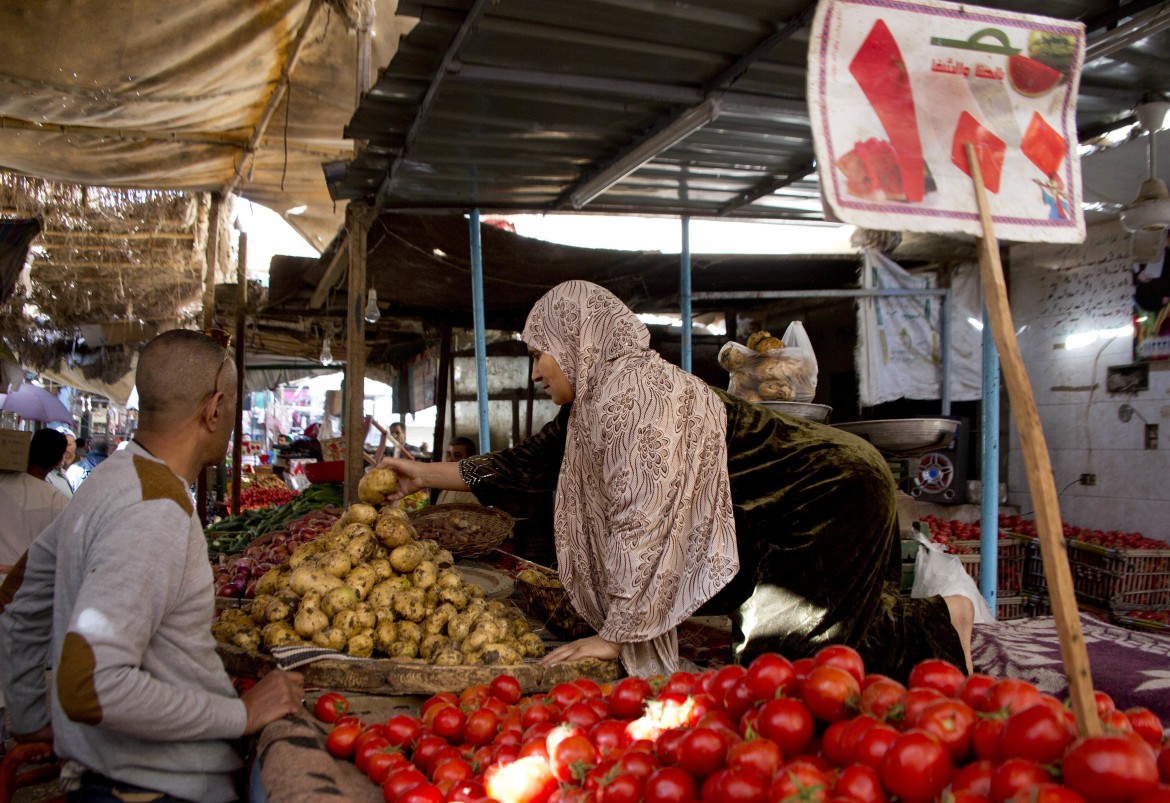Reportage
NGOs and the press are gone, but Egyptians see horrors themselves
The new law against NGOs will endanger the activities of 46,000 local and international associations. We spoke with an activist about what the effects will be.

In Egypt, the impact of the new law on NGOs is devastating. The suffering is captured in the words of an activist, who has been working for years to protect human rights.
“When you talk about the closure of political spaces, it means exactly that: to silence the NGOs working on human rights, civil society, the basic movement for human rights,” he said, requesting anonymity because the fear of reprisals is so great.
President Abdel Fattah el-Sisi signed the NGO law on May 29, six months after it was approved by the House of Representatives. It will affect 46,000 local and international organizations active in Egypt, all of which will come under the direct control of the government.
In practice, the law will cancel out any remaining policy influence of civil society, an expression of the January 2011 revolution, whose slogans resulted in the birth of thousands of NGOs that have been engaged for seven years at the forefront of the defense of human rights and political, social and economic policy.
“The law introduces stricter punishments for NGOs that do not work according to the new criteria,” said the activist. “It prohibits any activities to defend against abuses of the state, limiting such activities to ‘development projects,’ an undefined concept. The government wants the NGOs do its job, or provide the services that the state does not give. But we’re talking about people’s rights.”
The 46,000 Egyptian NGOs are waiting on further clarification because the executive regulations have not yet been published. They’ll probably be announced within six weeks. Certainly, the new rules will uproot the current mode of operation. The activist explains:
“So far the process was this: The NGO wrote his proposal, presented it to the Ministry of Social Solidarity to approve it or reject it and thus to provide the funds or not. Under the new law, the proposal must be submitted to a committee formed by the internal intelligence officials, secret service, the Ministry of Social Solidarity, and the anti-terrorism and anti-corruption units. It’s a long process that involves offices that have no mandate on the topic. Going forward, charities can’t even raise money until this committee tells you whether it agrees with the reasons for the collection. These are months of work and long procedures in a country where poverty is advancing faster and 80 percent of the population is poor. Will the government collect donations for food, homes, hospitals?”
The aim is political. The same motive that prompted the military government, which seized power in a coup, to close 64 news agencies in two weeks, to crack down on protests against the sale of Tiran and Sanafir islands to Saudi Arabia, to introduce the so-called Case 173 that froze the funds of NGOs that receive funding from abroad (normal practice for local NGOs worldwide).
One of the latest to be affected is CEWLA, the Center for Egyptian Women’s Legal Assistance, founded in 1997 and which the Italian group COSPE is partner. They’re working against gender discrimination and violence against women. (Their Precious Lives supports actions against gender violence in Egypt.) CEWLA’s founder, Azza Soliman, saw her personal accounts, in addition to CEWLA’s, frozen in December and her passport confiscated.
“Under the new law, if a project contains, for example, the word ‘empowerment,’ it will be rejected,” said the activist I spoke to. “The effects will be devastating. Take the case of the thousands of NGOs that work with women in Egypt. Who will provide services and generate awareness in a period in which violence against women is constantly growing?
“Gender-based violence is structural, partly due to the level of frustration and the economic difficulties of the population. People are directing their anger toward the most vulnerable, and in a patriarchal society like the Egyptian the most vulnerable are women. In the past two years, the violence increased again compared to the period immediately following the revolution of January 2011, when the hope was of a change and the economic situation was more stable.”
The regime introduces new gags on civil society every day, and the attack on the press is a central element of its strategy.
“They think that by silencing newspapers and NGOs, people will have less information and will be more controllable,” the activist said. “But the people see for themselves what the situation is. They see that their neighbors are kidnapped and accused of crimes they didn’t commit. They see the poverty and violence. Certainly they don’t need an NGO to tell them.”
Originally published at https://ilmanifesto.it/bavaglio-alle-ong-ma-al-sisi-rischia-il-popolo-vede-gli-abusi/ on 2017-06-18
